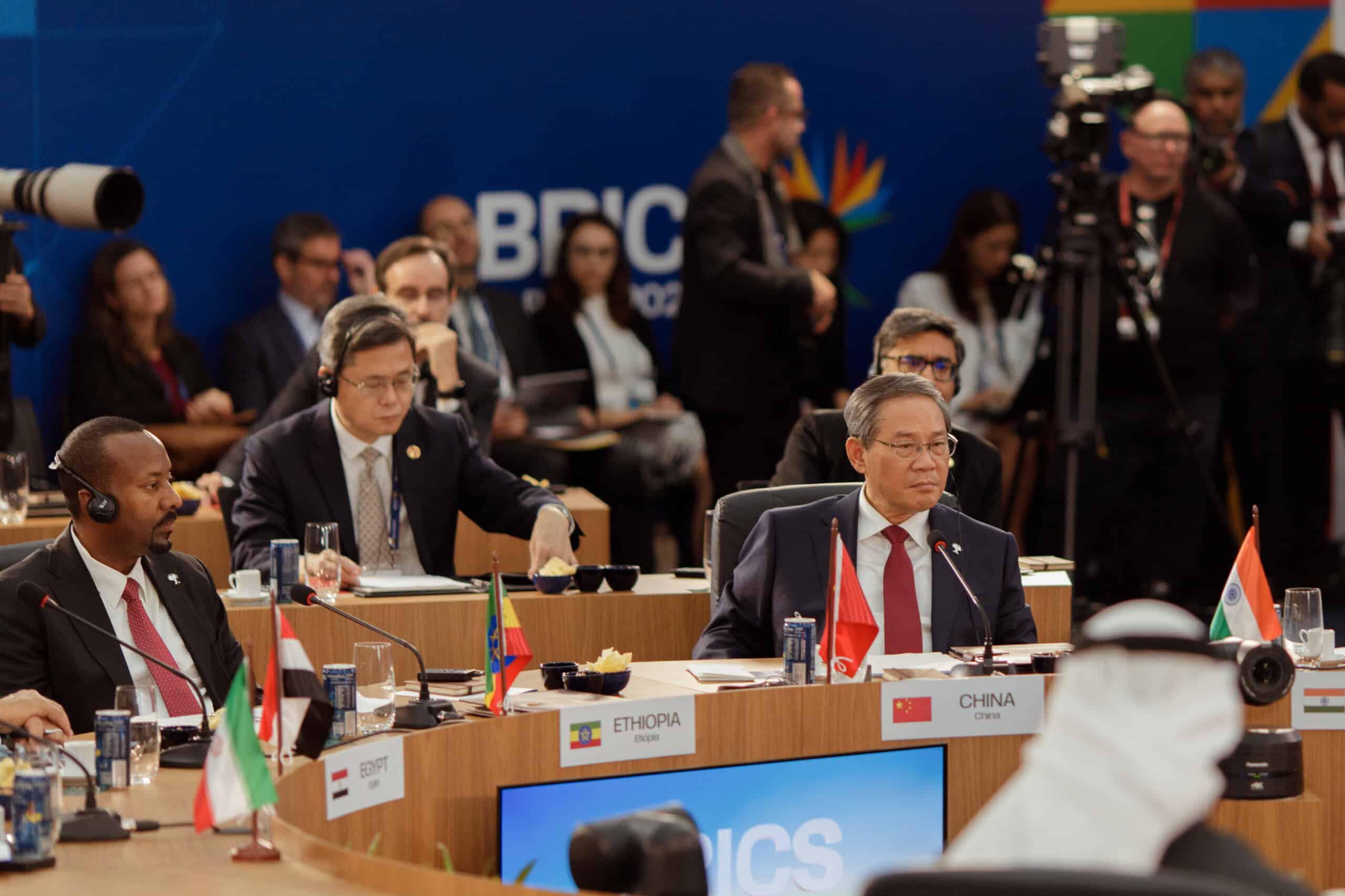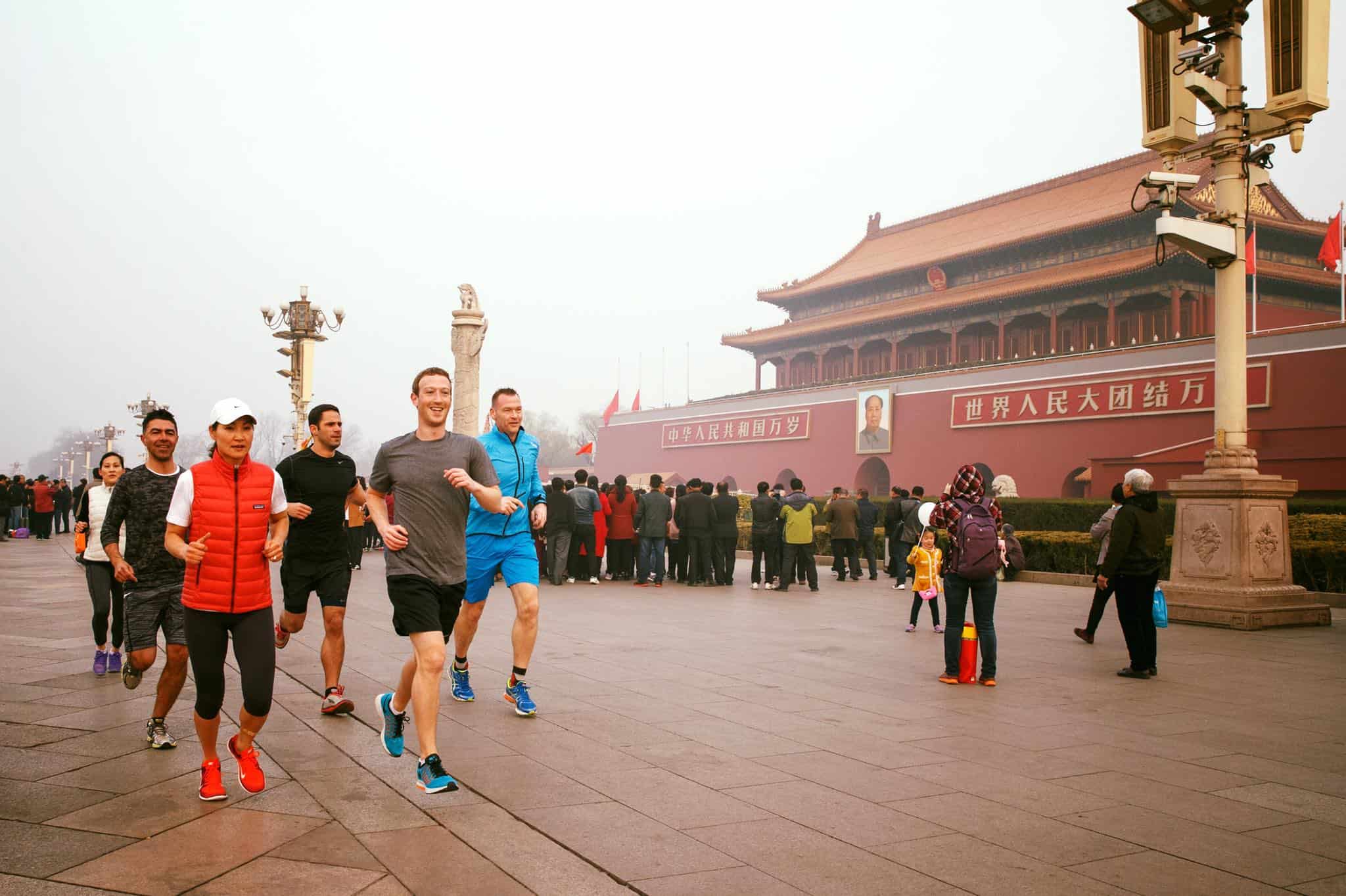
Good evening. Here’s a remarkable stat for you: Of Facebook’s top 25 most “liked” accounts — a list that includes Shakira and Coca-Cola — four are Chinese state media outlets. Facebook is not even allowed to operate inside China, mind you, but the platform has still become quite important to Beijing. This week’s cover story explains why. Elsewhere, we look at growing Chinese corporate sponsorship at the Olympics; a Q&A with J. Stapleton Roy, the three-time U.S. ambassador, about his childhood in China and why he thinks the long view is so important; a reported piece on what China’s move to ratify the Kigali Amendment ahead of the U.S. means for climate cooperation; and an op-ed from the Stimson Center’s Yun Sun on the China-Myanmar relationship in the aftermath of the military coup. If you’re not already a paid subscriber to The Wire, please sign up here.
Want this emailed directly to your inbox? Sign up to receive our free newsletter.
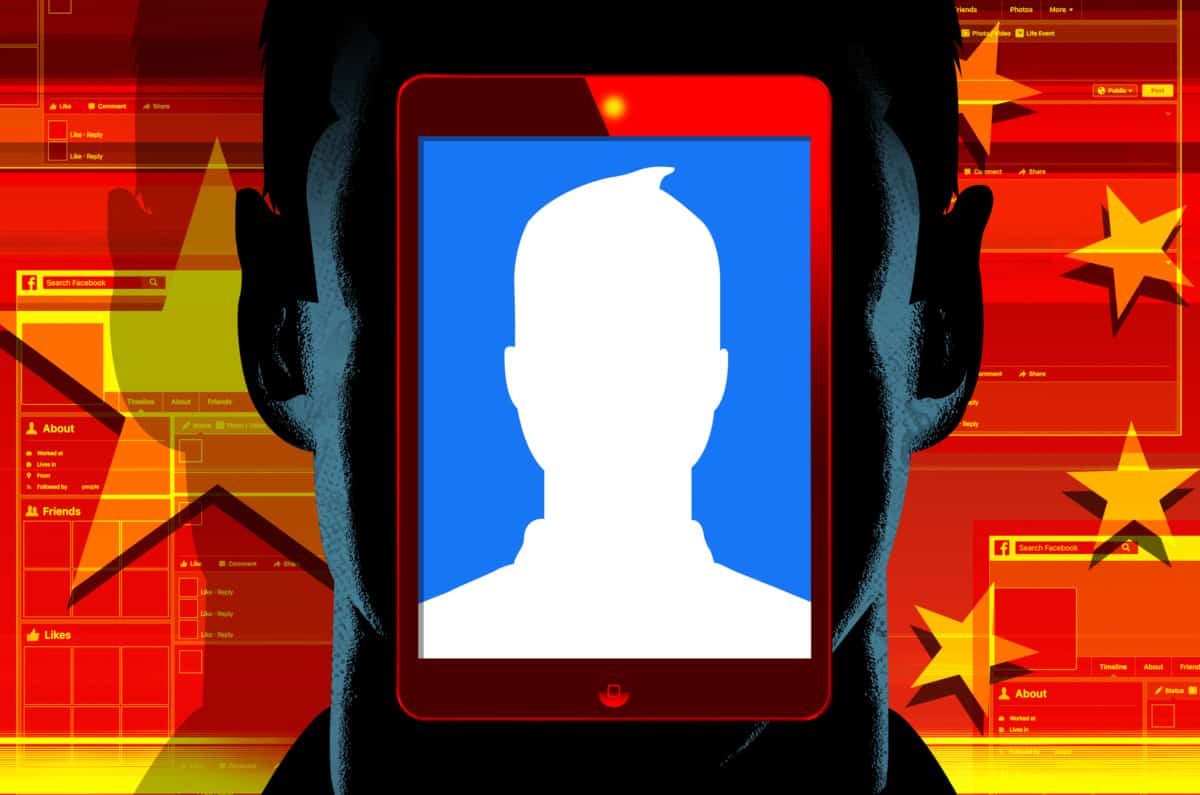
Facebook’s Super Spreaders
Chinese state media companies like China Daily have been on Facebook for more than a decade, and for years, the content they posted there was relatively anodyne: pandas frolicking or serene country landscapes. But, as Katrina Northrop reports, that all changed in the past two years, when Covid-19 misinformation started sliding into their feeds. Given the huge presence these outlets have gained on Facebook — CGTN had three times more “likes” last year than the New York Times — China’s influence on Facebook has sparked fresh concerns over state-sponsored misinformation.
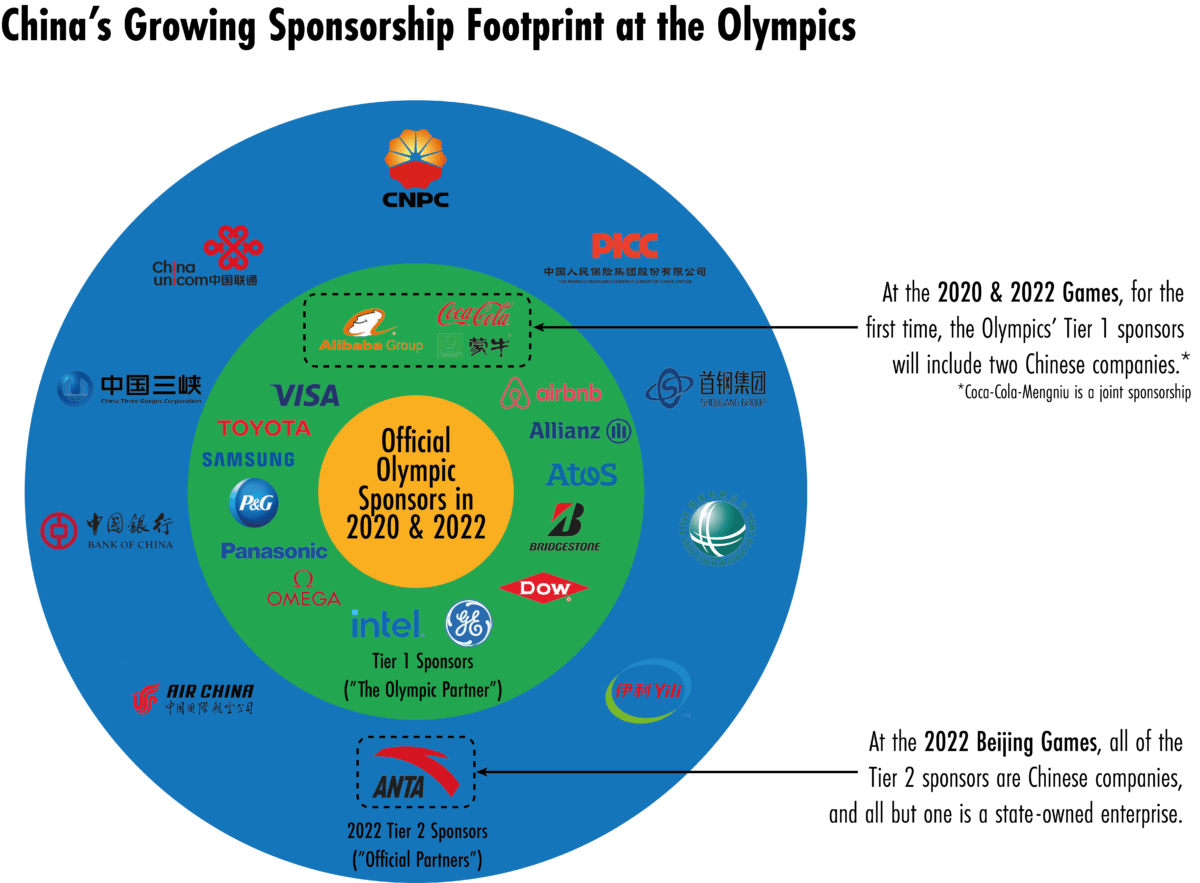
The Big Picture: Marketing Games
With the 2020 Tokyo Olympics, two Chinese companies will be featured among the highest tier of sponsors for the first time. At next year’s Winter Olympics in Beijing, all of the Tier 2 sponsors will be Chinese, including 10 state-owned enterprises, which represents a stark change from 2008, when a handful of foreign companies were included. For this week’s Big Picture, Eliot Chen breaks down China’s growing Olympic marketing footprint and its implications for the Beijing 2022 boycott movement.
A Q&A with J. Stapleton Roy

J. Stapleton Roy is a three-time U.S. Ambassador and the former director of the Kissinger Institute on China and the United States at the Wilson Center. Between 1991 and 1995, he was the U.S. Ambassador to China. In this week’s interview, Roy talks to David Barboza about his upbringing in China during the Second World War, his involvement in the sensitive process of achieving U.S.-China normalization in the 1970s, and how his longterm view shapes his understanding of the current state of bilateral relations.
J. Stapleton Roy
Illustration by Lauren Crow

The Climate Contest
In April 2021, President Xi Jinping announced that China would ratify the Kigali Amendment, an international treaty pledging countries to phase out the use of toxic pollutants commonly found in air conditioners and refrigeration units. With the Biden administration hoping the U.S. Senate will ratify the treaty soon, Katrina Northrop reports on how the timing and announcement of China’s ratification — ahead of the U.S. — was clearly designed to portray China as a responsible global leader on climate change.
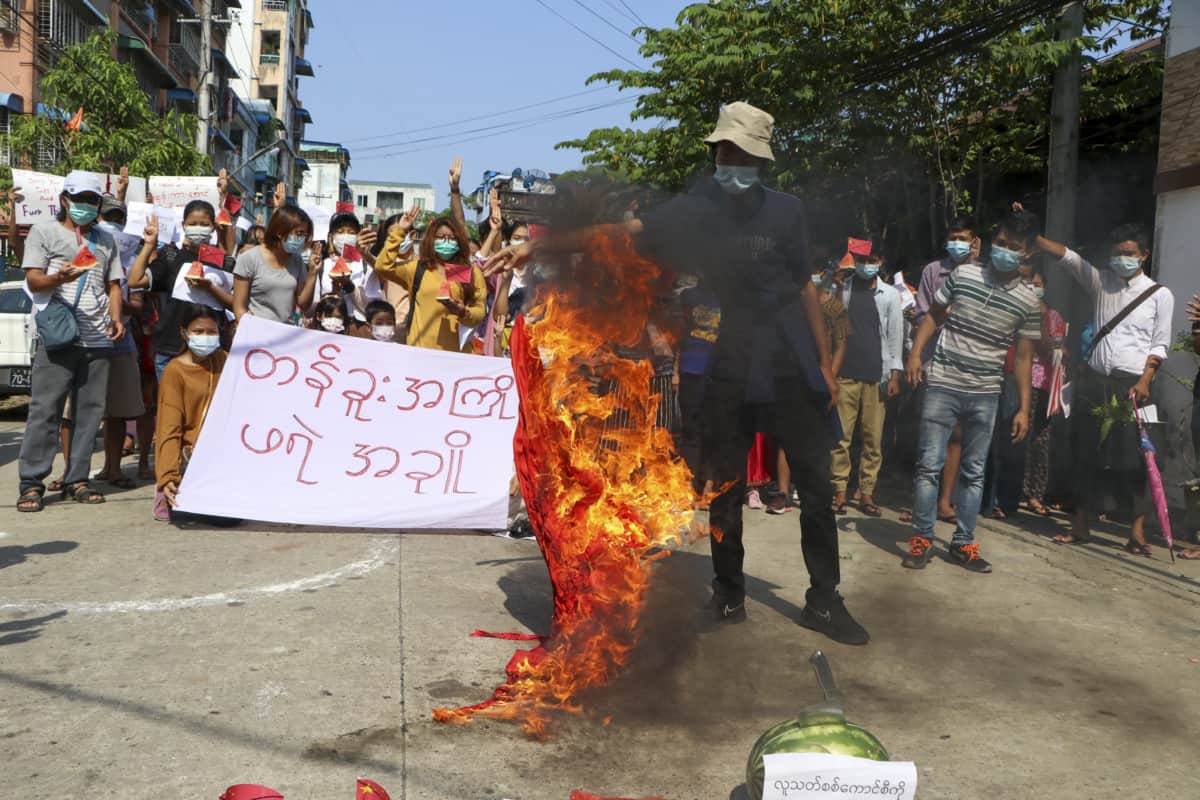
China and Myanmar After the Coup
After the shocking coup in Myanmar in February 2021, some observers hoped that the Chinese government would use its economic influence to try and reverse the military junta’s takeover. Under the leadership of Aung San Suu Kyi, after all, Myanmar had mended its ties with Beijing and embraced several Belt and Road projects. But, as Yun Sun writes in this week’s op-ed, China has since made the decision to accept the coup — a position that is not without consequences.
Subscribe today for unlimited access, starting at only $19 a month.


